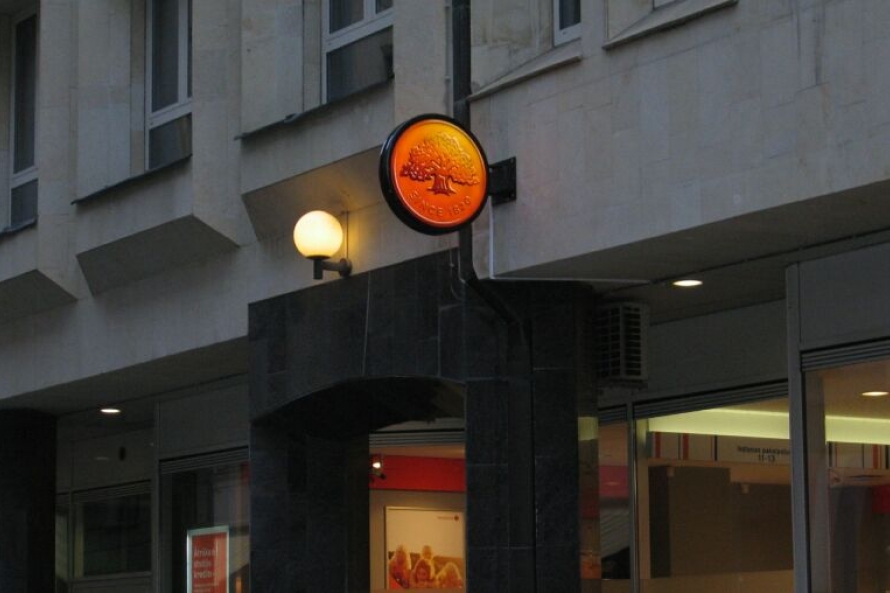"Without political decisions to significantly raise tax revenues as a percent of GDP, there is no room for major spending increases Latvian tax revenues are at 28% of GDP, one of the lowest in the EU28 (39% on average). Without policy changes, tax revenues as a percent of GDP will be almost flat in the coming years. Thus, the ability to spend will also remain relatively low compared with the EU28 (36-37% of GDP in Latvia vs. 48-49% in the EU28)," Swedbank said in a report titled "The Latvian Economy."
"To spend more on prioritised areas, there is a need to cut elsewhere (as percent of GDP). There are calls to increase spending on social issues (e.g., to reduce income inequality, support birth rates, and raise pensions), defense (to fulfil NATO requirements), education (to raise teachers’ salaries), etc.
"It is not possible to spend more in all areas, and priorities should be chosen wisely.
"Latvia already now spends on economic affairs (including transport), housing and community amenities, recreation and culture, and education more as a percent of GDP than the EU28 on average. At the same time, Latvian spending on general public services, defense, health, and social protection is lower than the EU average. Latvian spending on growth-friendly policies overall is way below its peers," Swedbank warned.
The bank urged - not for the first time - that long-term planning is required rather than simply lurching from budget to budget, saying: "There has been much talk in recent months about the 2016 government budget and how to balance increasing spending requests with the most likely weaker-than-planned revenues. However, this discussion should actually be not only about 2016. Cyclical challenges (lower revenues due to weaker growth, e.g., owing to economic and political developments in Russia) are only the top of the iceberg. There are structural issues that pose even greater challenges."
The full report can be read here.






























